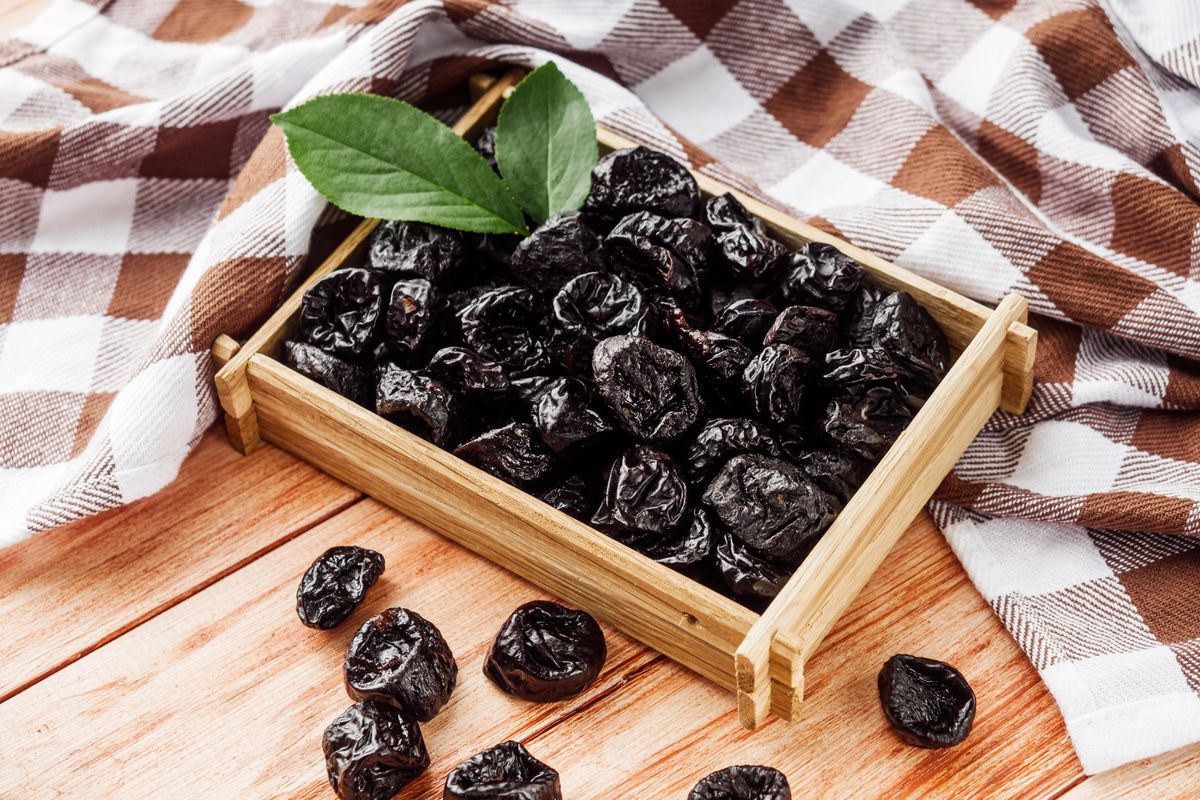If you struggle with maintaining regular bowel movements and find yourself dealing with the discomfort of constipation, you may be seeking a natural approach. Surprisingly, the use of laxatives dates back thousands of years. Research published in The Lancet revealed that a 5,300-year-old mummy, discovered in 1991, provided evidence of our ancestors' reliance on natural laxatives.
While our predecessors might have had limited options for soothing their colons and boosting their bowel movements, today we have a wide range of food and beverage choices at our disposal. "Many individuals seek 'natural' remedies for constipation, perceiving them to be healthier and concerned about potential habit-forming effects of over-the-counter laxatives," explains Antonella Dewell, MS, RD. "OTC laxatives may not consistently alleviate the issue, and in some cases, they can lead to diarrhea, cramping, or become costly if relied upon long-term."
Moreover, Wan Na Chun, MPH, RD points out that natural laxatives are often preferred by individuals due to their gentle effect on the digestive system and fewer potential side effects compared to over-the-counter alternatives.
Considering these factors, there is an abundance of natural laxatives to explore. Chun explains, "These foods and drinks promote increased stool frequency, improved consistency, and softer stools, facilitating easier passage." However, the necessary quantity of each food or beverage may vary depending on individual needs. It is crucial to maintain hydration, follow a healthy diet, and engage in regular physical activity to support optimal digestion and regular bowel movements.
Without further ado, here are 11 natural laxatives recommended by dietitians that can be conveniently found at your local store.
1) Prunes:
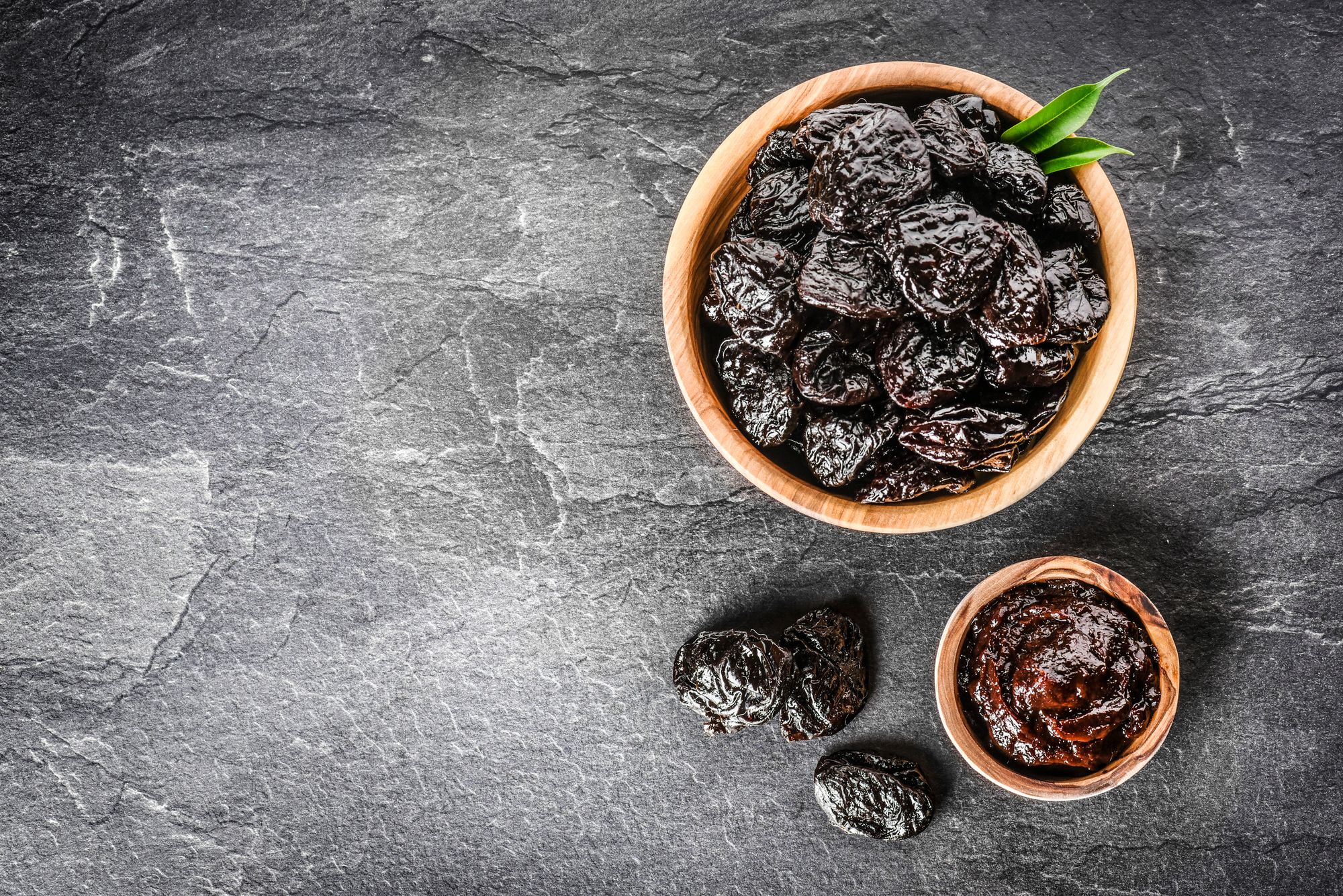
According to Dewell, prunes are renowned for their effectiveness as a natural laxative. They owe their efficacy to their high fiber content and the presence of sorbitol, a sugar alcohol that exhibits an "osmotic effect" when consumed in significant quantities. Sorbitol helps draw water into the intestines, softening stools and promoting bowel movements. While studies confirm prunes' effectiveness, consuming around 8-10 dried prunes may be challenging for some individuals. Alternatively, 8 ounces of prune juice can provide relief, but it adds extra calories and may cause bloating and gas.
2) Kiwifruit:
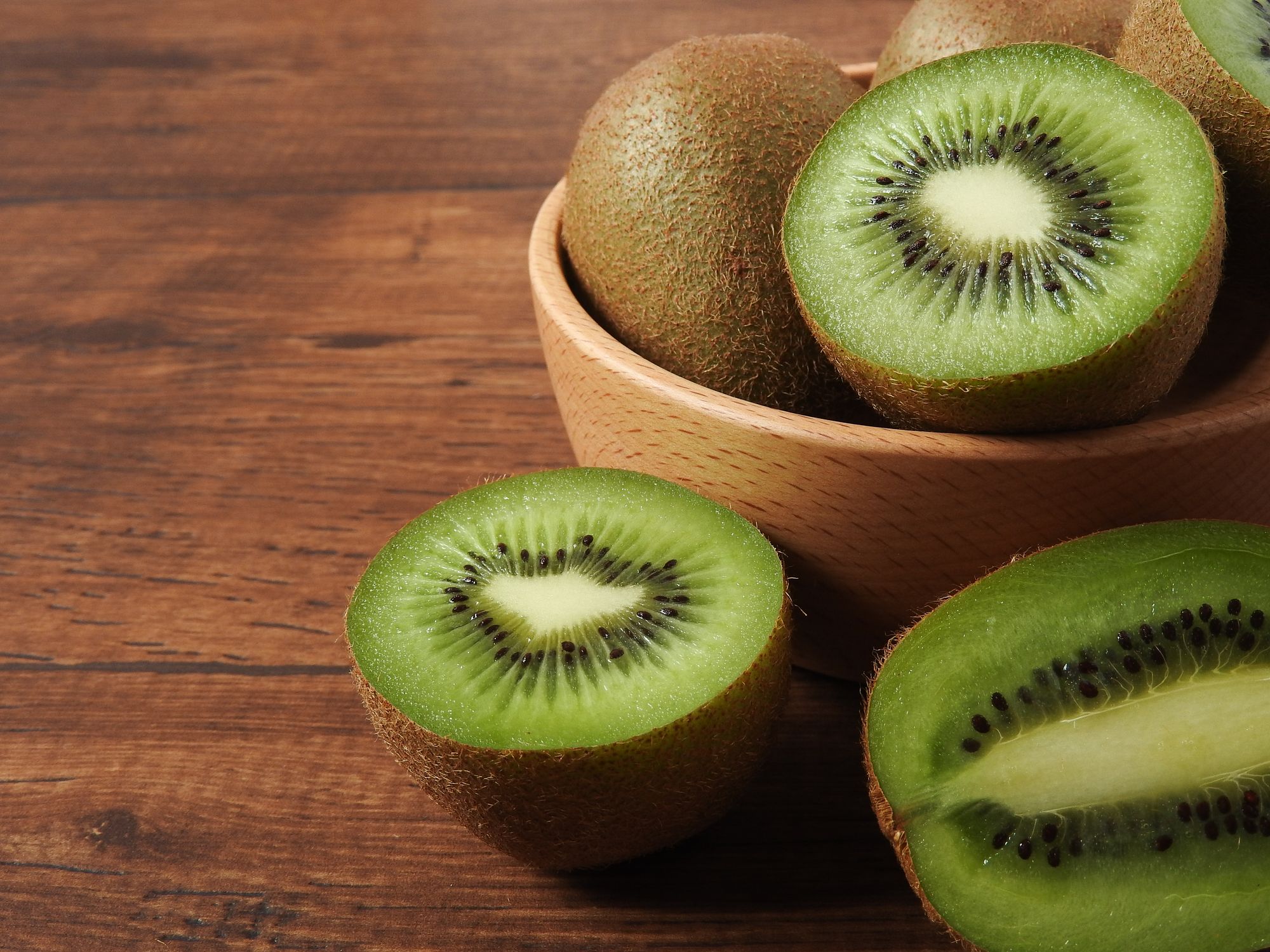
Another option supported by research is kiwifruit, as mentioned in a study published in The American Journal of Gastroenterology. Dewell highlights that kiwis have been proven effective in relieving constipation without any side effects. Their high fiber content, particularly the viscous fiber capable of retaining water, contributes to softer stools. Additionally, kiwis contain actinidin, an enzyme that stimulates receptors in the colon, aiding in improved bowel movements. Just two medium-sized peeled green kiwifruits a day can make a significant difference.
3) Rhubarb:
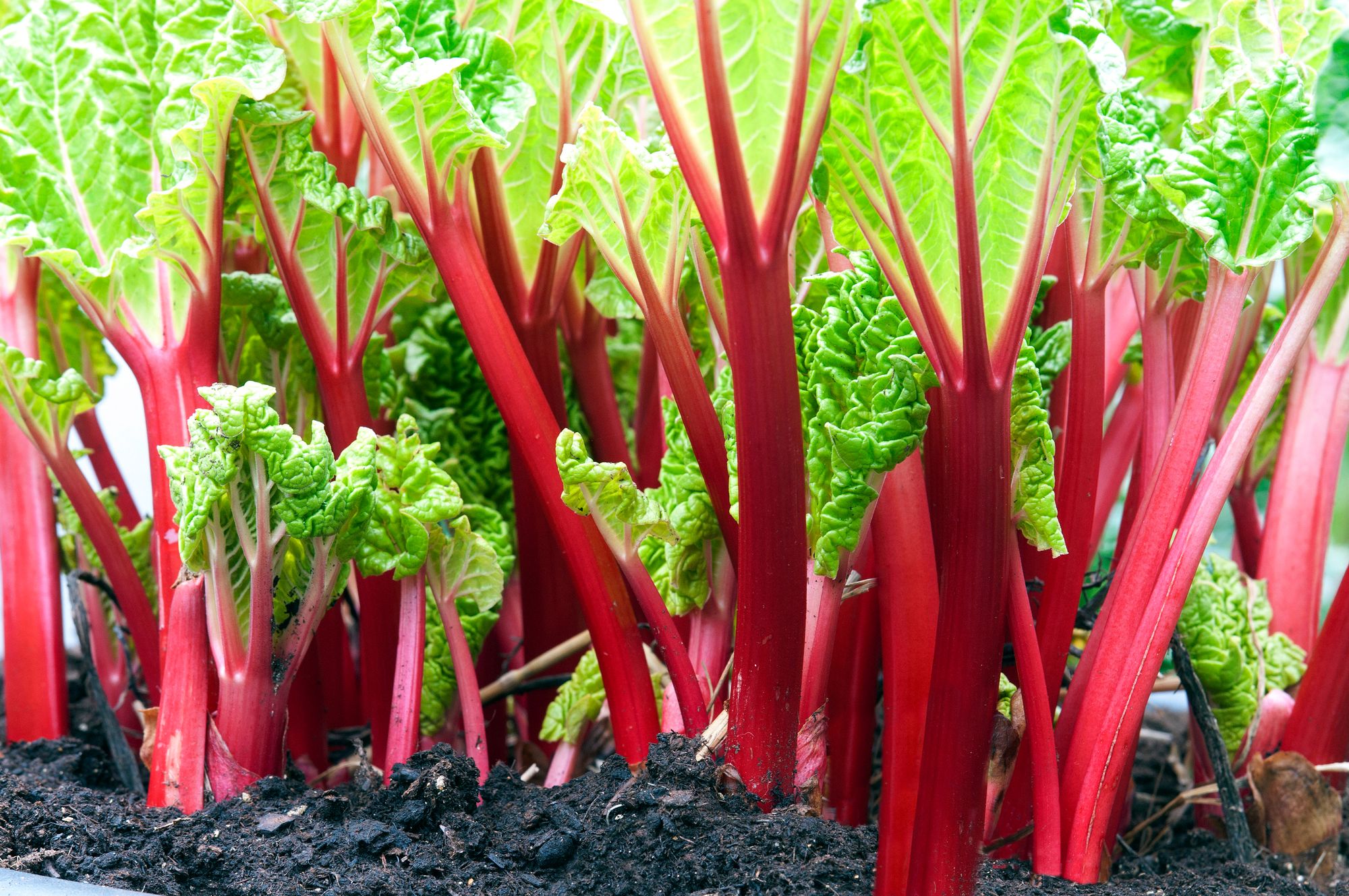
Dewell suggests considering rhubarb for its laxative properties. Apart from its fiber content, rhubarb contains compounds like sennosides that promote intestinal contraction and movement, facilitating bowel regularity. Rhubarb can be enjoyed in various ways, such as stewed, roasted, pureed, or added to oatmeal, salads, or chutneys.
4) Acacia:
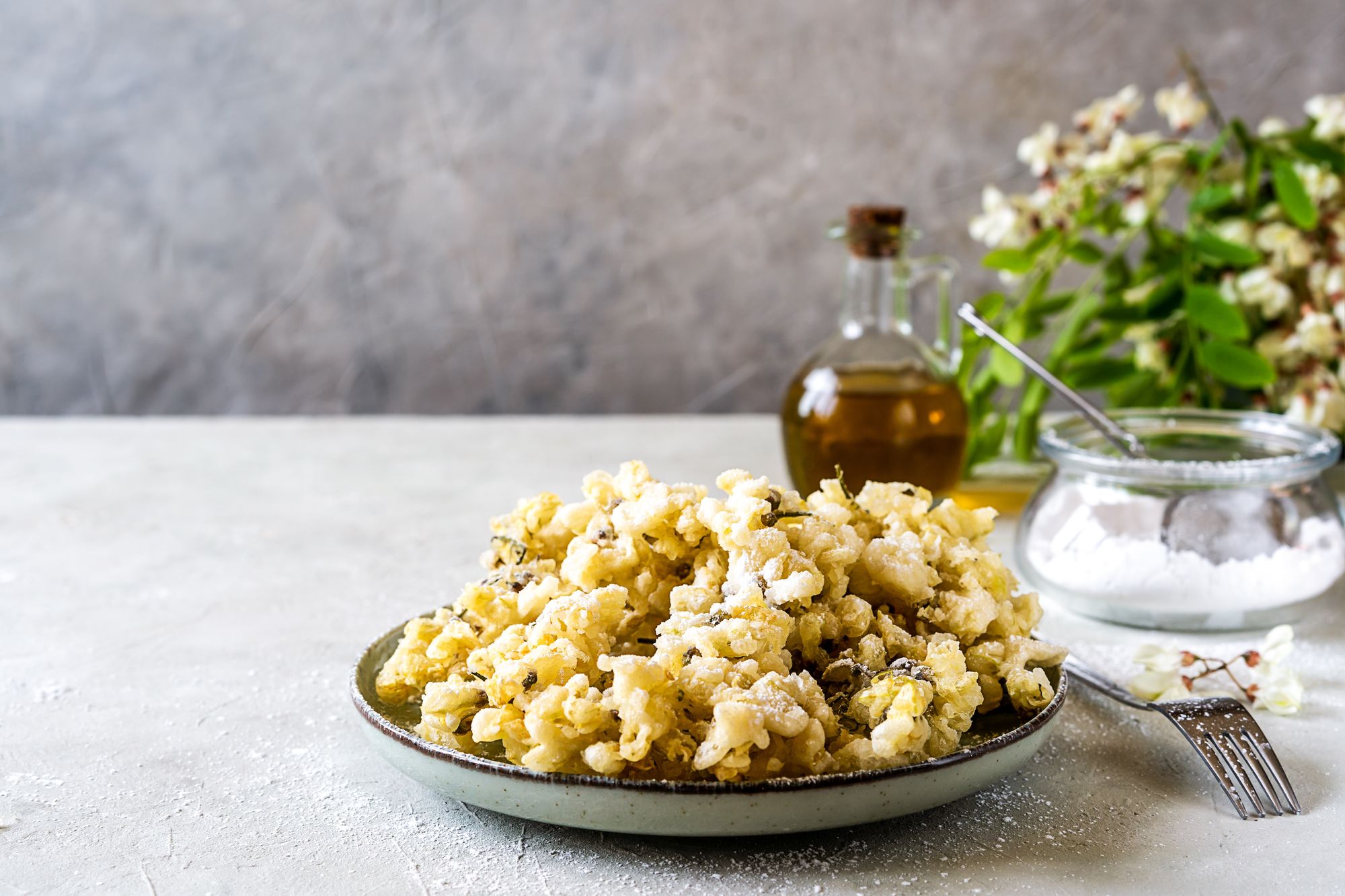
Acacia powder, derived from grinding up acacia gum obtained from the acacia tree, is a soluble fiber supplement effective in alleviating constipation. Dewell highlights its gentle nature on the gut, as it is slowly fermented and less likely to cause bloating or gas. The effective dosage may vary in research studies, so it's advisable to start with a small recommended dose and gradually increase while ensuring an adequate water intake.
5) Oats:
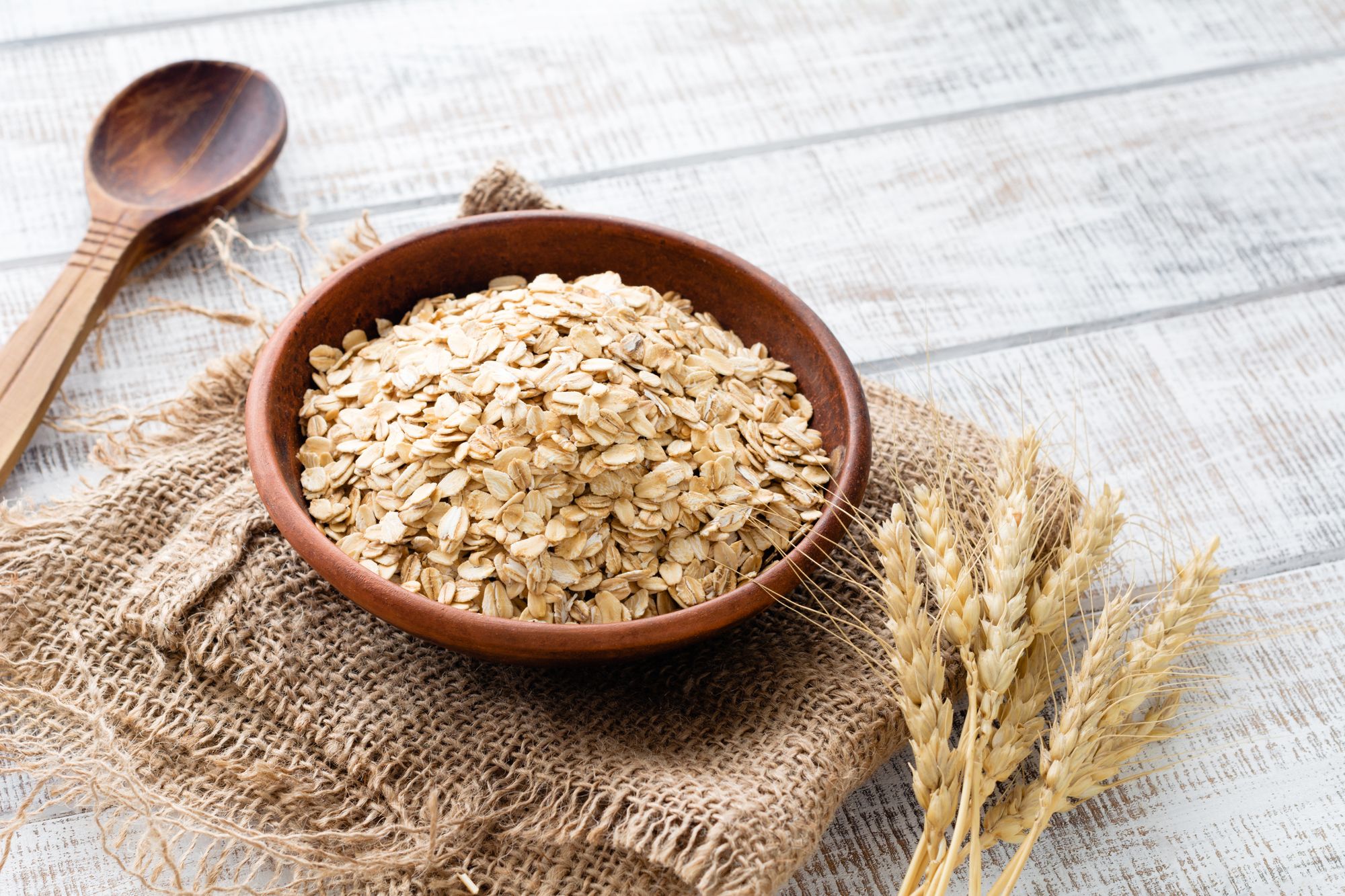
Oats, particularly rich in soluble fiber, possess water-absorbing and gel-forming properties. This capacity to form a gel when in contact with water softens stools and facilitates their passage. Starting the day with oatmeal or overnight oats is a simple and beneficial way to incorporate fiber. Oat bran, the outer layer of the oat grain, is also fiber-rich and can be used to prepare hot cereals or sprinkled over oatmeal or yogurt.
6) Chia Seeds:
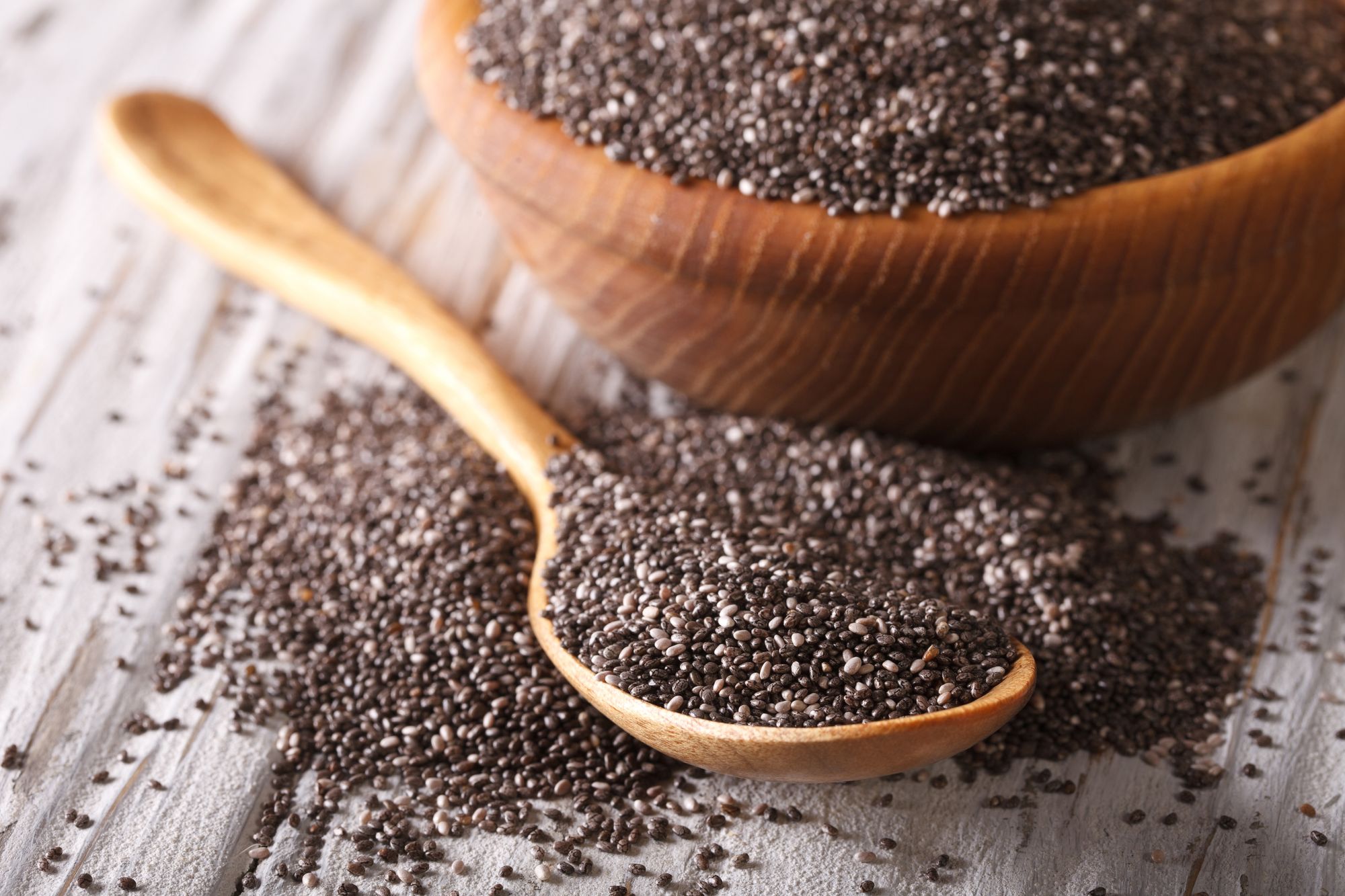
Dewell highlights that chia seeds are incredibly rich in fiber, particularly soluble fiber, which promotes softer and more manageable stools. Chun adds that chia seeds have the ability to absorb up to 10 times their weight in water, increasing stool bulk and facilitating bowel movements. To incorporate chia seeds into your diet, Dewell suggests soaking them in a liquid. You can add a tablespoon to overnight oats or create a chia pudding, allowing the seeds to absorb water and form a gel-like consistency.
7) Flax Seeds:
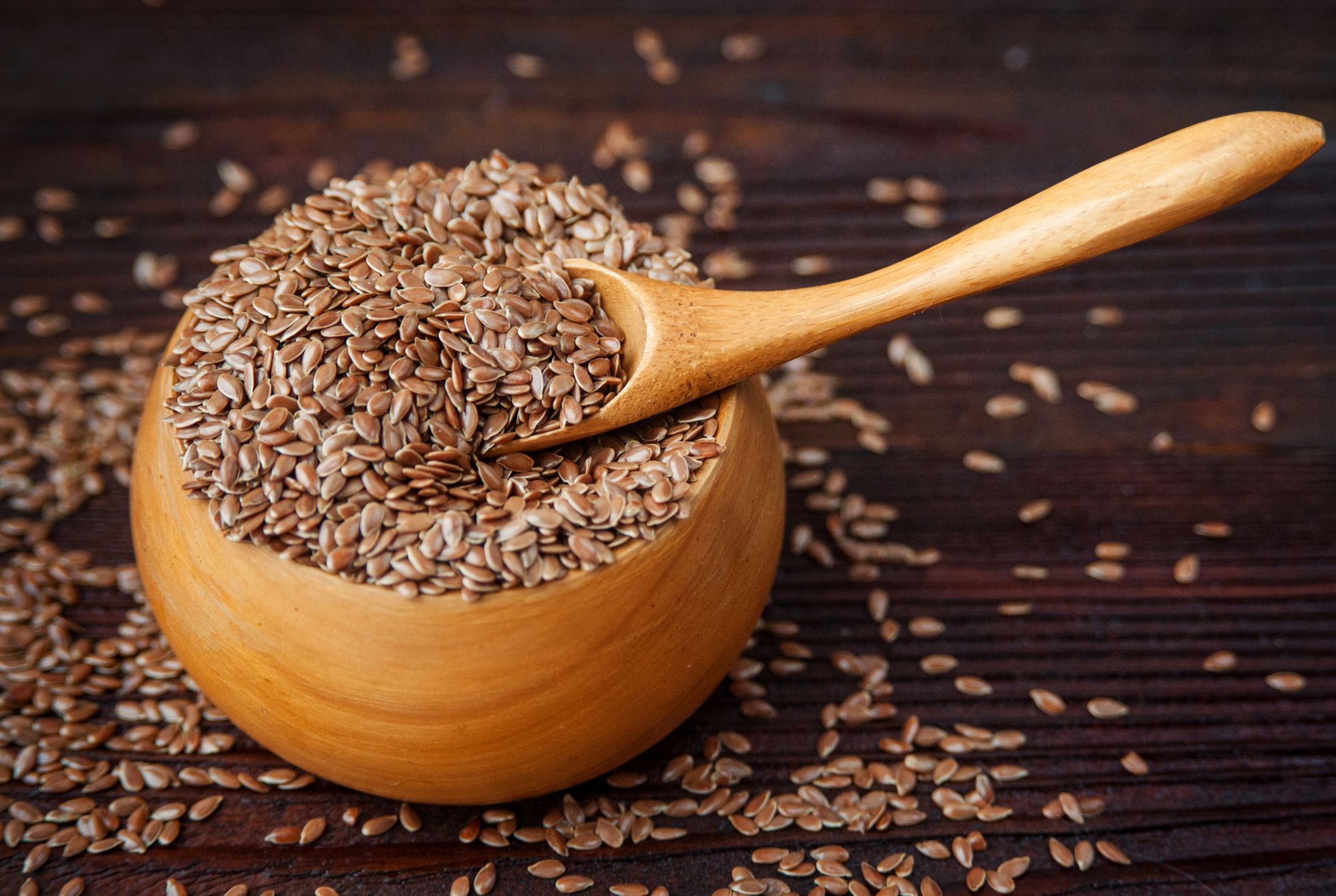
Flax seeds possess natural laxative properties due to their combination of soluble and insoluble fiber. Dewell notes that the insoluble fiber adds bulk to the stool and accelerates transit time. Ground flax seeds are found to be more effective than whole seeds. These versatile seeds can be added to smoothies, muffins, or used as a topping for oatmeal or yogurt. To observe the desired effect, up to two tablespoons may be necessary.
8) Jerusalem Artichokes:
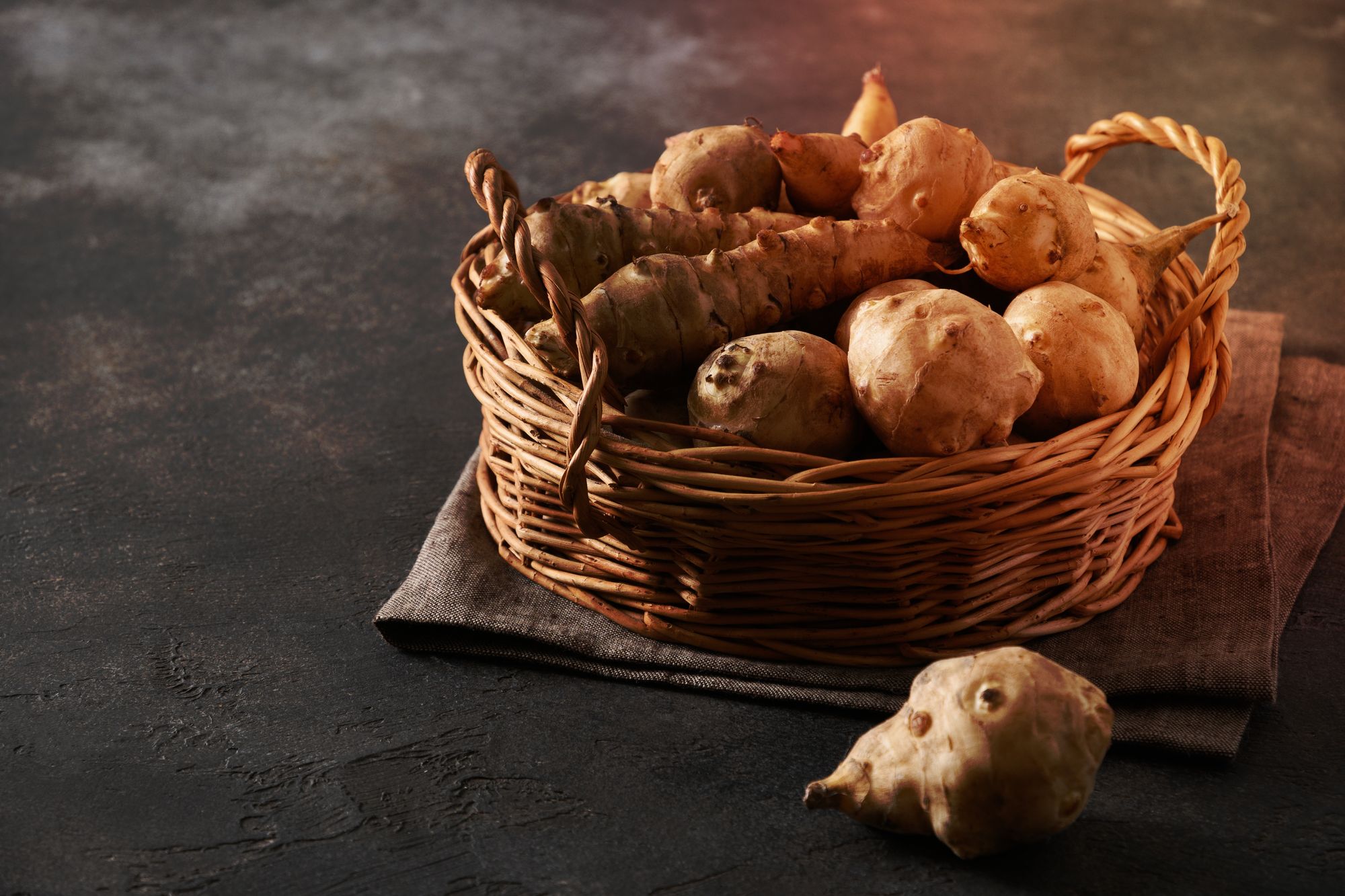
Jerusalem artichokes contain inulin, a soluble fiber known for its ability to promote bowel movements. Chun mentions that a study published in Cellular and Molecular Biology highlighted the benefits of Jerusalem artichokes in preventing constipation, as well as their positive effects on acne, cholesterol levels, body mass, weight loss, the immune system, gut health, chronic fatigue syndrome, chronic infectious diseases, and cardiovascular diseases.
9) Kefir:
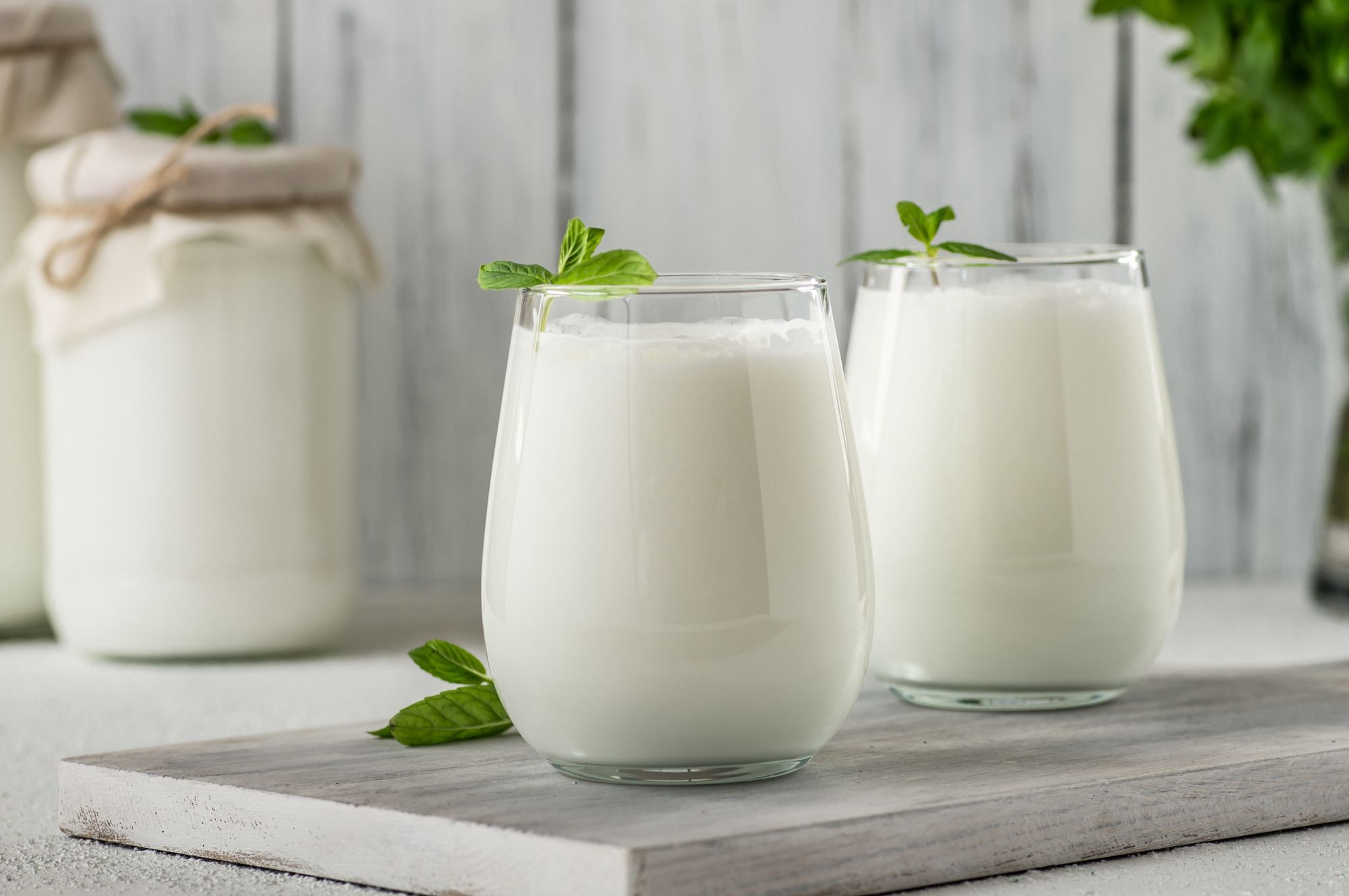
Although less extensively studied, kefir has shown promise in improving constipation symptoms. Dewell refers to a pilot study published in the Turkish Journal of Gastroenterology, where participants experienced increased bowel movement frequency and improved consistency after consuming 500 milliliters of kefir daily for four weeks. The probiotics present in kefir, a fermented milk product, likely contribute to its beneficial effects. However, it's important to be cautious of added sugars in commercial kefir products if consuming such quantities.
10) Coffee:

Coffee acts as a stimulant that enhances gut motility, making it an effective choice for alleviating constipation. Dewell explains that both caffeine and chlorogenic acid, an antioxidant found in coffee, contribute to its laxative effects. Even decaffeinated coffee can provide relief, with hot coffee generally being more effective than cold. However, moderation is key, as excessive coffee consumption can have adverse effects on hydration and may vary in effectiveness for individuals.
11) Water:

Staying adequately hydrated by drinking enough water is crucial for overall health and can also aid in relieving constipation. Chun emphasizes that sufficient water intake helps soften stools, making them easier to pass. While a study published in Nutrients demonstrated the laxative properties of natural mineral waters rich in magnesium sulfate, regular water consumption can still offer relief from constipation.

